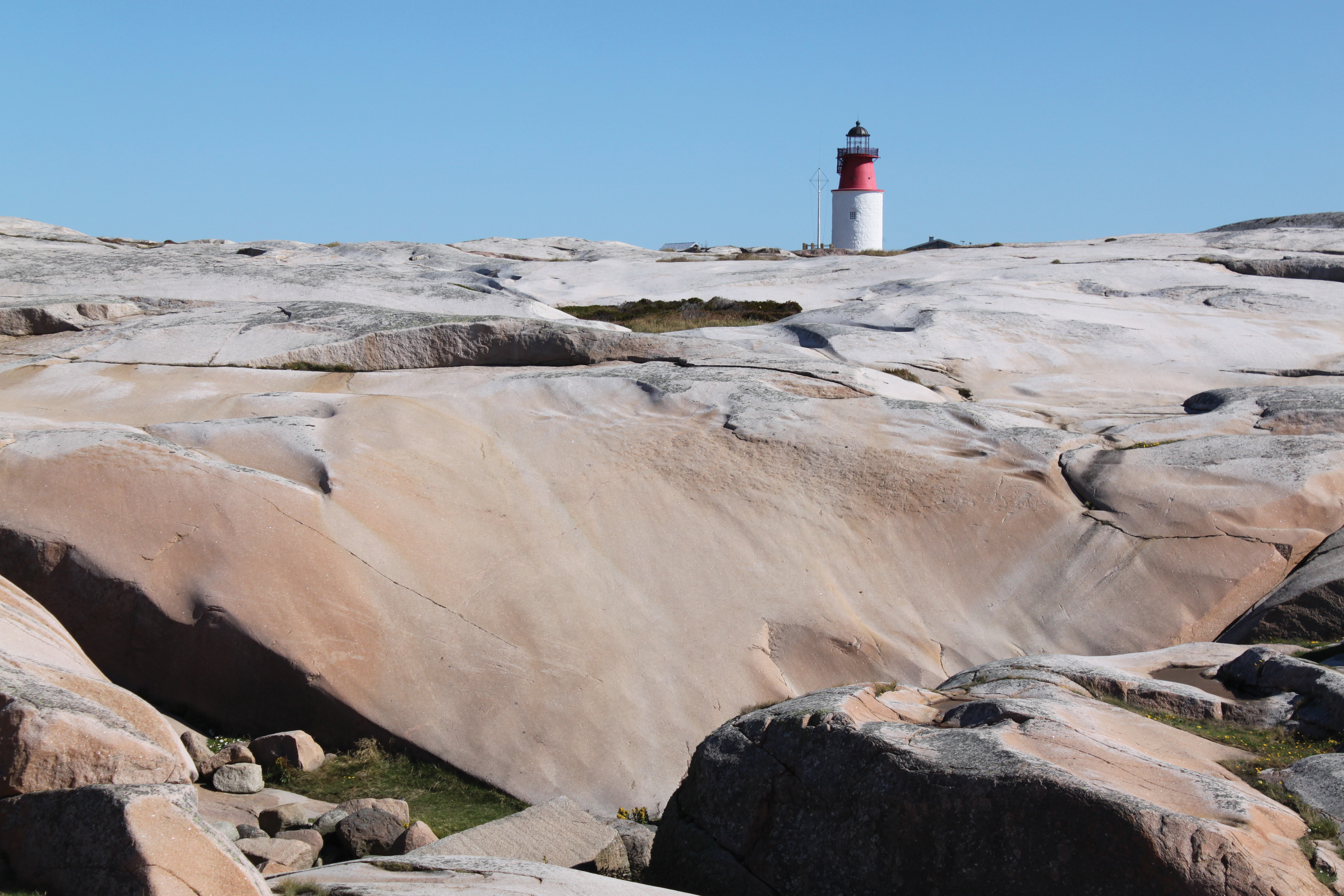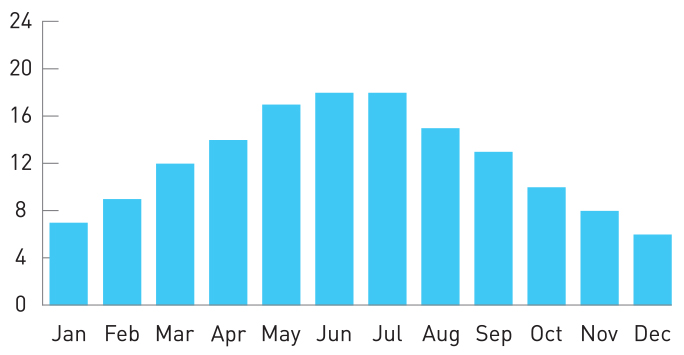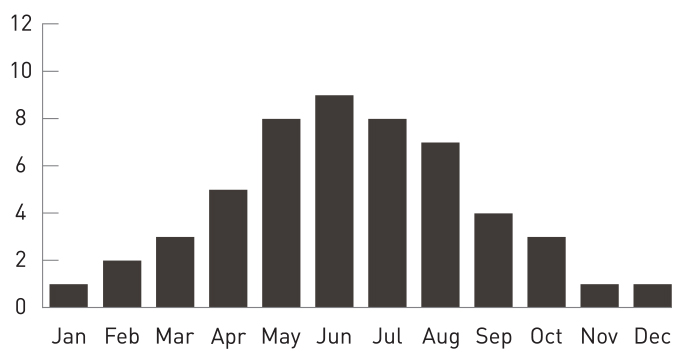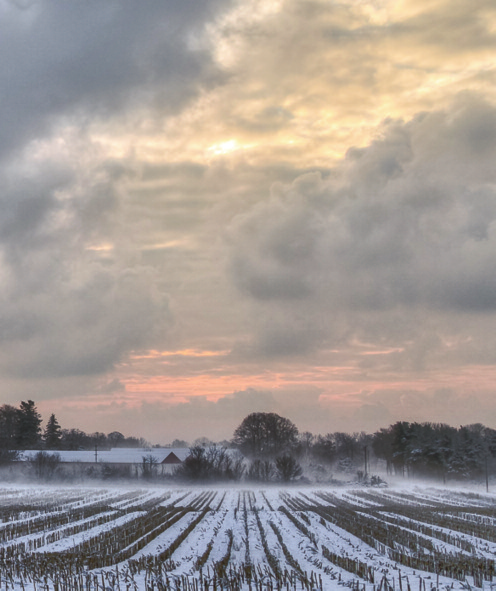The latest addition to our ‘criminal region’ is The Bridge, which has French-British and Mexican-US remakes being produced as we speak. The show’s second season just wrapped here in southern Sweden and this is truly a 50/50 co-production between Sweden and Denmark.
Mikael Svensson, Oresund Film Commission



